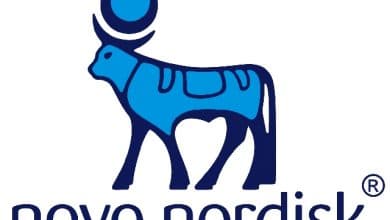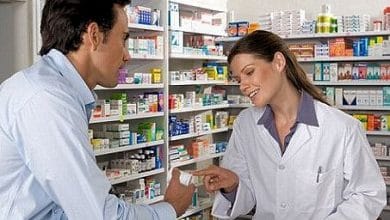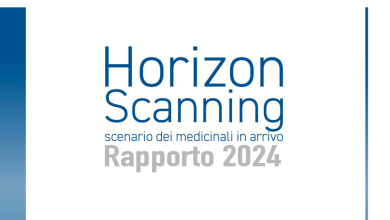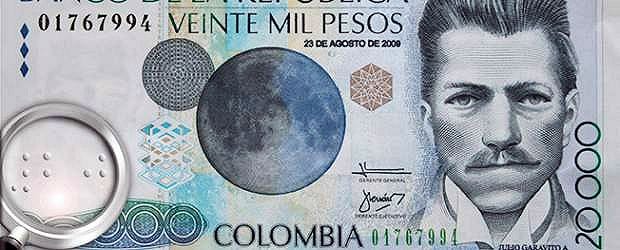
How does a pharmaceutical company representative prepare to visit a doctor? One of them told "El Espectador" about the system of advantages offered to prescribing their own products.
 Much has been said about the relationship between doctors and pharmaceutical companies. This is an issue that is not new and has been surrounded by myths and suspicions. How is the relationship between some doctors and drug sales representatives? Do they really offer benefits that influence the prescriptions of health professionals? (Laws: An end to the benefits of the pharmaceutical industry? )
Much has been said about the relationship between doctors and pharmaceutical companies. This is an issue that is not new and has been surrounded by myths and suspicions. How is the relationship between some doctors and drug sales representatives? Do they really offer benefits that influence the prescriptions of health professionals? (Laws: An end to the benefits of the pharmaceutical industry? )
As this newspaper announced yesterday, the Ministry of Health is preparing a measure that seeks to precisely curb the problem. His goal is to clarify this link, as is the case in the United States of America
But how do informants in Colombia prepare and behave to convince the doctors? To resolve these doubts, El Espectador has collected the story of a worker who has slowly climbed the hierarchy of this industry. He started as an informant in a region, then continued as a supervisor, then in the position of area manager and finally as a country manager of a well-known company. His name, for obvious reasons, cannot be disclosed.
First of all, it is essential to clarify one thing, in the words of Oscar Andia, director of the Medicines Observatory of the Colombian Medical Federation: “The vast majority of doctors have impeccable ethics. Pharmaceutical companies only work with the 5% of doctors, who are those with high prescribing potential. So many of us are against the commercial interests of the industry."
That said, this is what the tipster told us:
“Pharmaceutical marketing is the most successful in the world. We do not sell products here. No. What we sell is a brand. And the first goal is to classify the doctor. And except OTC (over the counter) advertising of any drug is prohibited, so there is only one way to promote it: go to studies. This activity is generally assigned 15% of the turnover we expect to achieve. That is, if I set a sales target of $ 10 million, the 15% already has a destination. That's how they count."
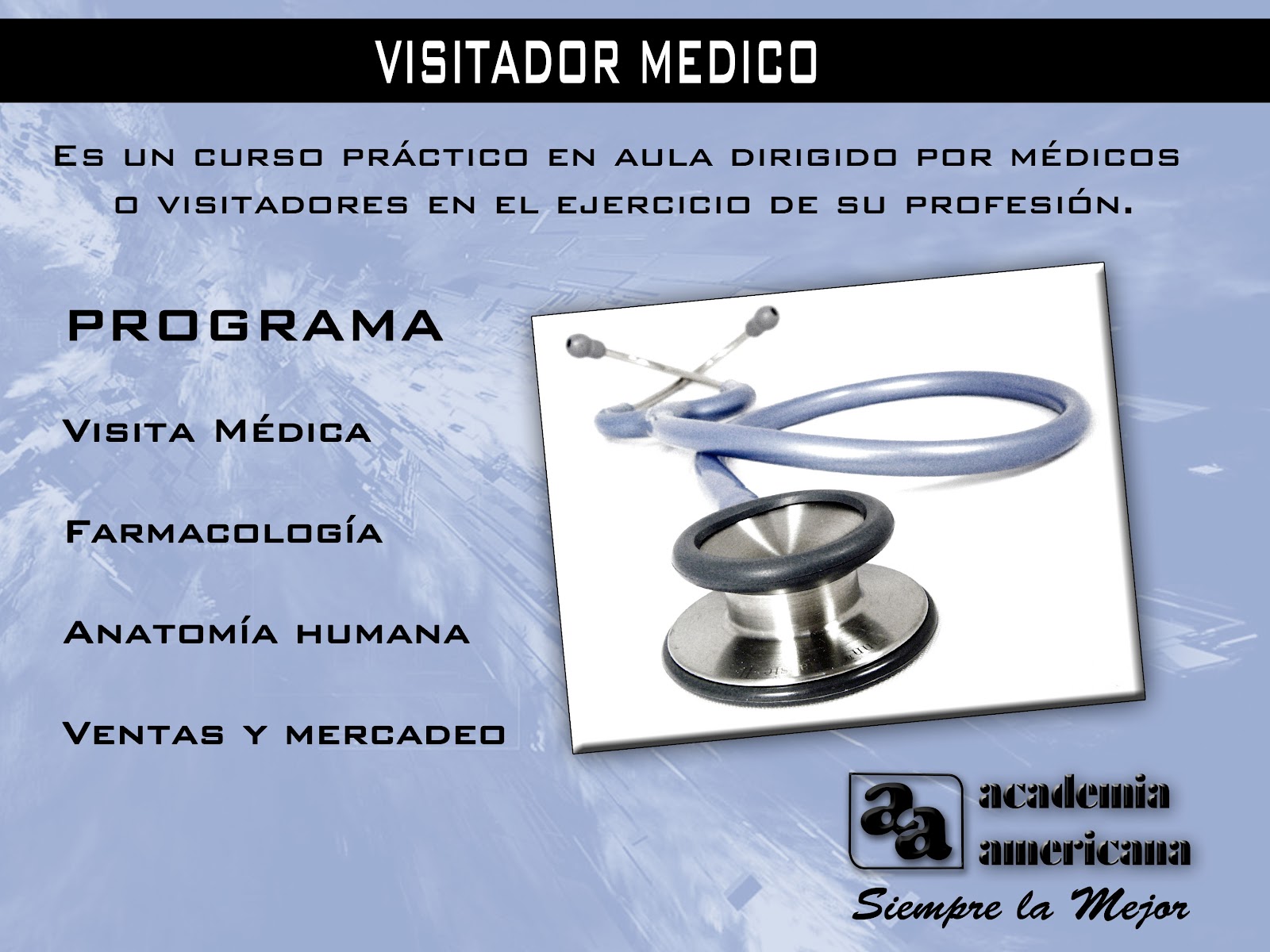 Training
Training
“To be a medical informant you have to study hard, always. To achieve this goal it is necessary to attend a kind of university where one is in seclusion for at least a month. He goes every day and by the end he should know everything about his products. In the "classes" we teach three fundamental elements: pharmacology, anatomy and sales techniques. In almost all companies in the sector there is a training manager specialized in the subject.
Eventually, you know how a certain drug works in the body and what their actions are in the organs, and how you are dealing with a doctor. You learn to identify what he likes, what he wants, what he loves. We have to know everything. If he is single or has a spouse, if he has children, if he likes football or golf, how many patients he sees, if he likes to travel or what he likes to eat. Absolutely everything. It is, as we call it, a 'prospecting doctor'. It's like a vice.
 Although, of course: there are companies that have determined that the training month is a risk. No earnings at that time and they only evaluate the best ones. The rest, bye. Each will perhaps earn more than in another profession. On average it is 3.5 million Colombian pesos [€1,347.97]. Without taking into account the commissions. It is possible to reach 7 or 8 million pesos.”
Although, of course: there are companies that have determined that the training month is a risk. No earnings at that time and they only evaluate the best ones. The rest, bye. Each will perhaps earn more than in another profession. On average it is 3.5 million Colombian pesos [€1,347.97]. Without taking into account the commissions. It is possible to reach 7 or 8 million pesos.”
The arena
“Usually, each whistleblower has to visit 240 doctors a month. It can't fail. There is an area manager who calls all the time to find out where he is and how he is doing. To see if he complies with the established timetable. After the visit you have to give a detailed report: what the doctor said, what he asked for and how I responded to each objection.
THE doctors, are classified. It can be with stars or with categories (A, B or C). At the top level are those with the most visits. It also includes the professor and where his office is located. We must turn to them because they are opinion leaders. They are the ones who drag the prescriptions. And you have to convince them somehow.
doctors, are classified. It can be with stars or with categories (A, B or C). At the top level are those with the most visits. It also includes the professor and where his office is located. We must turn to them because they are opinion leaders. They are the ones who drag the prescriptions. And you have to convince them somehow.
What do we offer? All. Even if we have to earn their trust first. We give money to travel to congresses abroad with all expenses paid. The most common formula is that they are paid through what is called 'continuing medical education'. I mean, we hire the doctor for a conference and advise them on what they have to say.
There are a couple of other techniques as well. One is through the points each doctor accumulates according to the number of prescriptions he prescribes. Accumulated them and as soon as it has reached a goal it will ask us if you want an appliance. Another is through third party payment. And another, albeit rare, is direct payment.
There is also an even more overt medium. A few years ago, a company brought together a good percentage of specialist doctors. He gave them 15% of the shares and they were all partner partners. So if they prescribed for that brand every month they would have a fixed income. The name? No. You can't tell!
Doctors don't believe it, but the industry knows all about it. We know what you prescribe, and in which pharmacy you can buy our products. There are companies in charge of registering its activity. I repeat: we know everything.
So pharmaceutical marketing is one of the most effective. It is that it does not have access to the direct market, but is studying how to seduce the EPS [Ente Promozione Salute, the Colombian health service]. It is more difficult because you always buy the cheapest. The person in charge not only goes where the doctor is. To 'get the product' he makes friends with the pharmacists, the auditor, the manager and even the concierge”.
ssilva@elespectador.com
@ SergioSilva03
Sergio Silva Numa – SALUD 24 AUGUST 2014 – EL ESPECTADOR
Related news: ¿As far as the prebends of the pharmaceutical industry?



